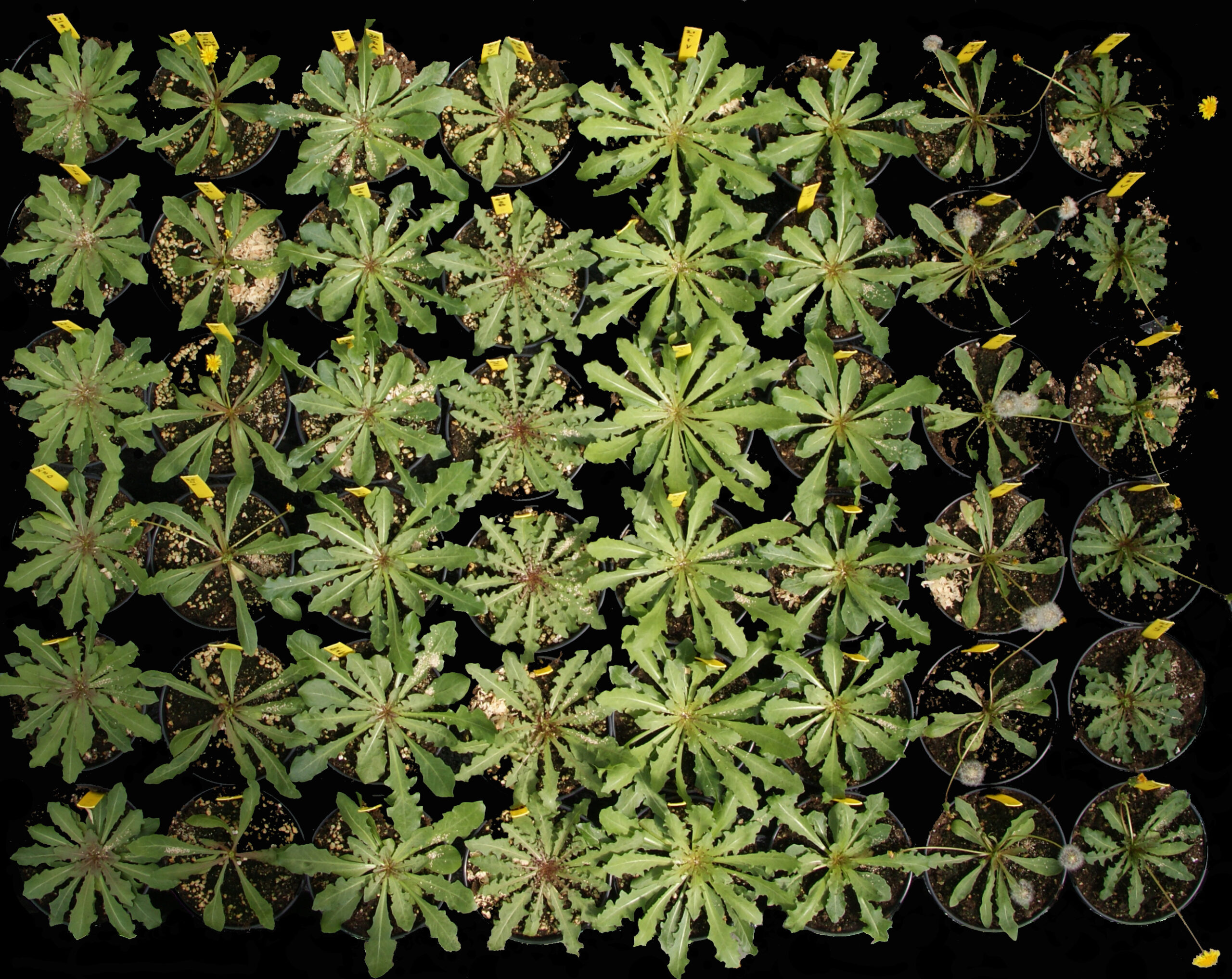20 June 2024
"A realistic view on a shared labor of love"
KeyGene 35 years: interview with Chis Winefield, Lincoln University, New Zealand

Chris Winefield, molecular geneticist at Lincoln University, New Zealand
As a plant molecular biologist, the research of Winefield focuses on the role of transposable elements in crop evolution and epigenetic regulation of these genomes in response to changing environments. Together with his colleague Ross Bicknell, Winefield crossed paths with KeyGene through their common interest in ‘apomixis’, or ‘virgin reproduction’ in plants.
On two opposite ends of the globe, two teams of scientists have been working for almost three decades on what is seen as one of the holy grails in crop science. When ‘apomixis’, also known as ‘virgin reproduction through seeds’ could be introduced in commercial crops, reproducing these crops would become almost infinitely easier.
When both teams, one at KeyGene and one at Lincoln University in New-Zealand found out about their shared interest, they decided to cooperate instead of competing. “I believe that this kind of business-to-academic-cooperation is the best way to progress in crop science”, Chris Winefield of Lincoln University says.
To fully explain the nature of the cooperation between KeyGene and the Lincoln University in New Zealand, molecular geneticist Chris Winefield goes back to the mid of the nineteenth century. “That is when Austrian monk Gregor Mendel discovered that hawkweed did not always behave like the peas in the genetic experiments that made Mendel famous”, Winefield explains. “Some of the plants he grew from the seeds he bred, did not show a mix of traits from both parents, but seemed more like an exact clone from only the mother plant. That was in fact the first scientific proof of asexual reproduction through seeds in plants.”
“I believe that this kind of business-to-academic-cooperation is the best way to progress in crop science”
'Holy grail'
More than one and a half century later, this asexual reproduction through seeds, or ‘apomixis’, has become one of the holy grails in crop science. If a plant could produce fertile seeds without prior pollination by insects or the wind, it would be very easy to reproduce a specific crop, without the risk of diluting the interesting traits in the process of sexual reproduction.
“My colleague Ross Bicknell has been working on this theme in New Zealand since 1995”, Winefield recalls. “It has, in fact, been his ‘labor of love’ since then. He was, therefore, very excited when KeyGene’s Peter van Dijk approached us in 2016 with an equal love for that labor. During the planning for a sabbatical in New Zealand, Van Dijk and Bicknell started cooperating on apomixis.”
Prestigious publication
Late 2022, the cooperation between the company and the academia resulted in a joint publication in the prestigious paper Nature Genetics. Together with a larger group of researchers from different universities and companies, they published how a genetic characteristic from a dandelion could induce apomixis in lettuce. “It was the type of publication that we still get patted on the back for, during international conferences”, Winefield says. “And I am truly convinced that a key factor in this success, was the cooperation between our university and KeyGene.”

No rainbows and unicorns
Winefield describes ‘Lincoln’ as a university with a strong focus on applied sciences. “Daily life in agriculture and crop science is not made of rainbows and unicorns”, he half-jokingly says. “You have to have a realistic view on how science contributes to progress. If we want to bring the knowledge behind apomixis for example, to the field, we must tackle a whole array of scientific and practical problems. We as academics need industry here. Of course, it is partly about funding. KeyGene and their investors have more money than we do as a small university. But more importantly, it is about being like-minded.”
Last leg
Winefield hopes that the cooperation between his university and KeyGene was not a single event. “Serendipity has brought us together around the theme of apomixis. We both want to keep cooperating to add the last leg to the stool that completes the Apomixis picture as well. Eventually, we hope to bring apomixis to the field. Together with KeyGene!”
Read the other KeyGene 35 years interviews
- Reflections by our shareholders: “We share the fundamental knowledge that KeyGene generates”
- Lora Kilgore-Norquest, Ingredion: “KeyGene helps us to quickly address the consumers’ needs”
- Roeland van Ham, KeyGene: “Lateral thinking is in our DNA”
- Daniel Fordham, Oxford Nanopore Technologies: “KeyGene helped us to democratise sequencing technology”
- Ponnusamy Umashankar, Mahindra Agri Solutions Ltd.: “Speed and precision are the passion and purpose of our collaboration”
- Jeroen Stuurman, KeyGene: “It’s not all about genes in our research”